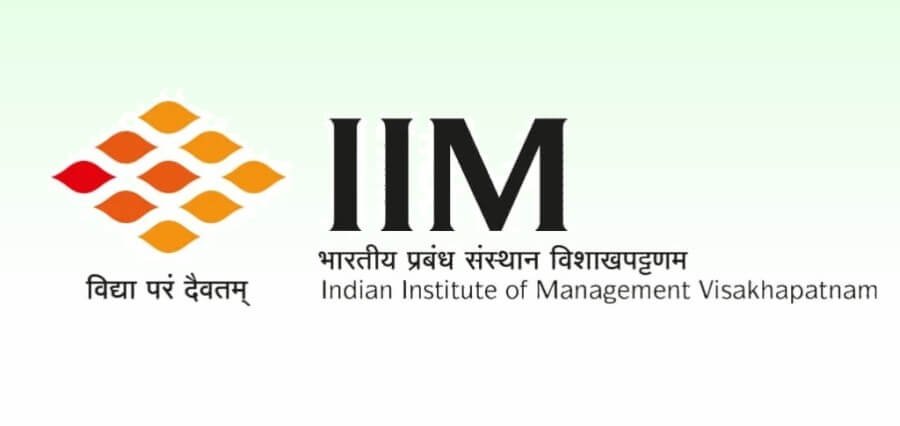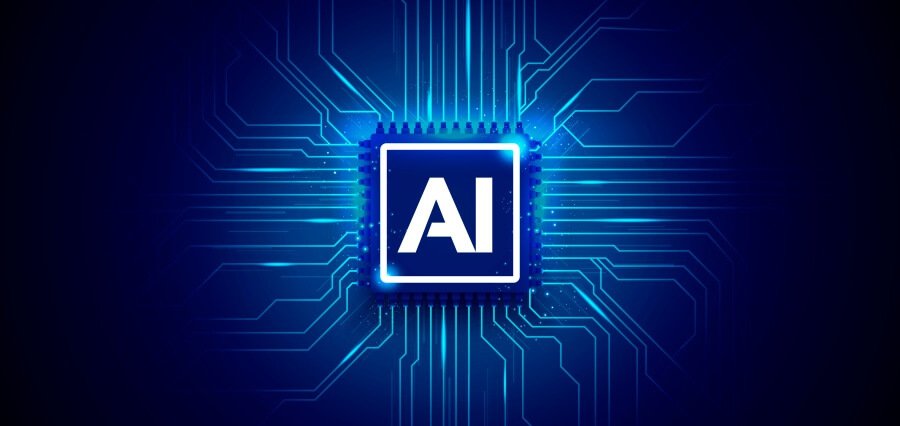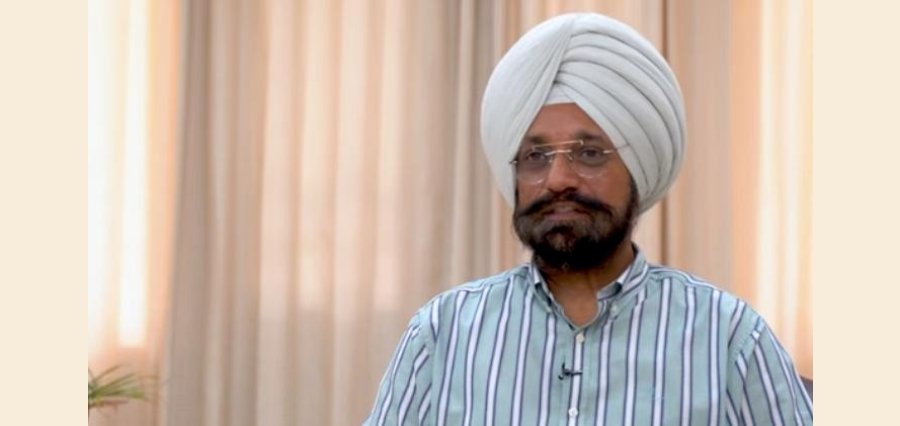Colorado is actively vying with Illinois to become the top hub for quantum technology in the United States, with a potential $1 billion in federal support at stake. The CHIPS and Science Act allocates $52 billion in federal funds to enhance U.S. competitiveness in semiconductors and promote leadership in chip manufacturing and advanced technologies. Within this act, $10 billion has been authorized to support the development of up to 10 technology hubs in various fields, including quantum technology. Colorado, through Elevate Quantum, a coalition of over 70 companies, educational institutions, and federal labs, is aiming to establish a quantum tech hub in the region.
The Economic Development Administration at the U.S. Department of Commerce received over 400 applications from across the country for tech hubs and selected 31, with Elevate Quantum’s bid being successful. The second phase will further narrow down the field to between five to ten hubs eligible for between $40 million to $70 million from the $500 million appropriated for the Tech Hubs program. If Congress grants the full $10 billion, tech hubs could receive $1 billion or more, depending on the number selected.
The competition is intense, with Elevate Quantum competing against the Bloch Tech Hub led by the Chicago Quantum Exchange in Illinois. The quantum tech hub designation is highly sought after, as it could secure Colorado’s dominance in an emerging industry that may drive an estimated $3.5 trillion in economic activity.
Colorado, particularly Boulder, is already a hub for quantum technology research, with institutions like the National Institute of Standards and Technology (NIST) and the University of Colorado leading breakthroughs. Elevate Quantum aims to launch more than 50 companies, attract over $2 billion in capital investments, and train over 30,000 workers across Colorado, Wyoming, and New Mexico in the coming decade. Winning the designation would not only bring federal funding but also solidify Colorado’s position as a world leader in quantum technology.
Applications for the second phase are due in February, with winners expected to be announced in the middle of the year.
Read More: https://educationviewindia.com/





